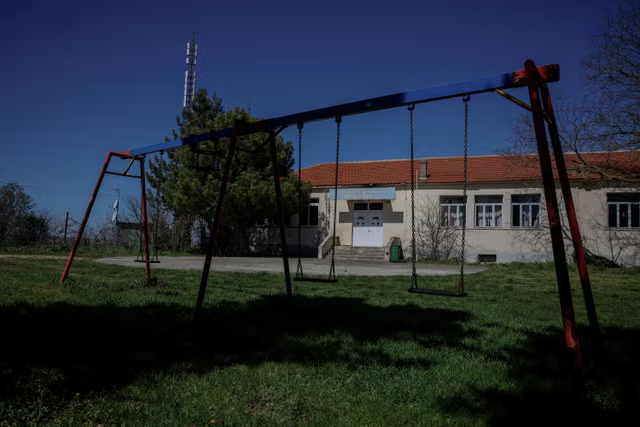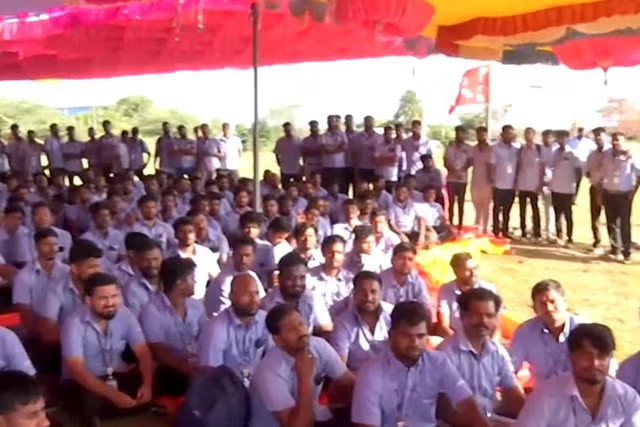Your support helps us to tell the story
Support NowAs your White House correspondent, I ask the tough questions and seek the answers that matter.
Your support enables me to be in the room, pressing for transparency and accountability. Without your contributions, we wouldn't have the resources to challenge those in power.
Your donation makes it possible for us to keep doing this important work, keeping you informed every step of the way to the November election

Andrew Feinberg
White House Correspondent
In August 2023, Hanan al-Bayouk travelled from Gaza to Israeli-occupied Arab East Jerusalem for a high-risk birth. Her triplets, born prematurely and underweight, are doing well, but she had to leave them shortly after they were born and does not know when she will be able to hold them again.
Israel’s restrictions on the movement of Palestinians meant 26-year-old al-Bayouk returned to Gaza while her babies were still in intensive care for fear of falling foul of the law.
By the time they were ready to go home, war had broken out and she got stuck, with video calls her only way of keeping in touch.
Her daughters Najwa, Nour and Najmah, are being cared for at the Al-Makassed hospital, where there are colourful drawings on the walls, toys, and baby walkers for them to scoot around in.

It is worlds away from conditions for children in Gaza, which has been blockaded and pounded by Israeli forces since Hamas attacked Israel on Oct. 7.
In March, the U.N. children’s agency said over 13,000 children had been killed in the Gaza conflict, adding that many kids were suffering from severe malnutrition and did not “even have the energy to cry.”
The triplets are developing normally, said Dr. Hatem Khammash, director of neonatal intensive care at the hospital.
“Good mental development, also their breathing is good,” he said. “The only thing that makes us sad, is that they are far away from their mother.”
Doctors and nurses communicate with Hanan via Whatsapp if the family is lucky enough to get internet in Gaza.

Communications have been hammered by the war, which was triggered when Hamas militants crossed from Gaza into Israel, killing 1,200 people and taking back more than 250 hostages.
Israel’s subsequent military offensive has killed more than 41,206 Palestinians, wounded 95,337 and flattened many parts of the densely populated strip. Internationally mediated ceasefire negotiations have shown little sign of a breakthrough.
In the meantime, staff at the Al-Makassed hospital, repeat “Mama”, “Mama” to encourage the girls to focus on their mother’s small image on the phone as they reach out to grab the screen.
Disclaimer: The copyright of this article belongs to the original author. Reposting this article is solely for the purpose of information dissemination and does not constitute any investment advice. If there is any infringement, please contact us immediately. We will make corrections or deletions as necessary. Thank you.



